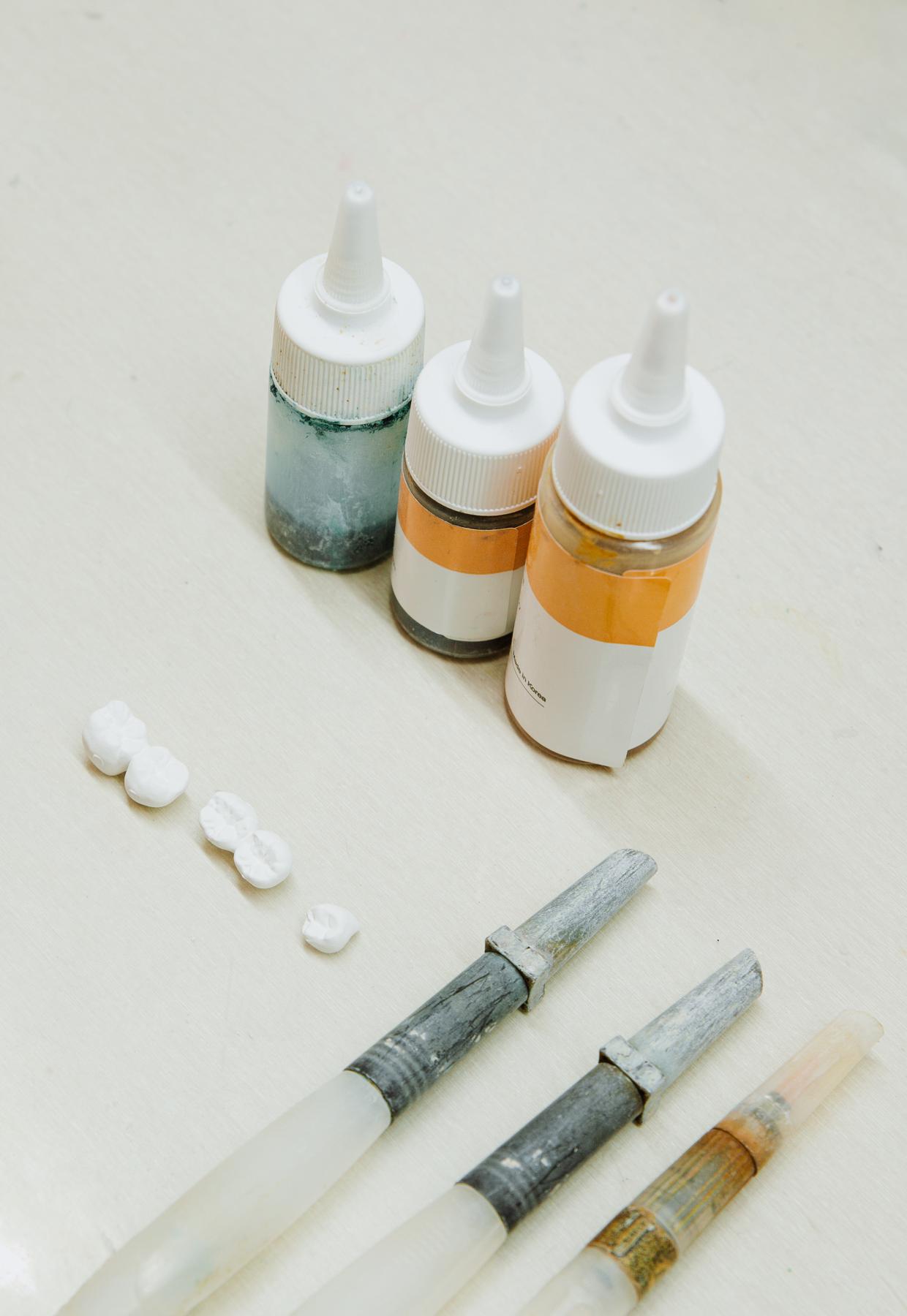With the advancement of dental technology, it is now possible to replace missing teeth with dental implants, a long-term solution that looks and feels like a real tooth. But can brushing gums too hard make implant tooth sensitive?
In this blog, we will explore the effects of over-brushing on dental implants and share some tips on how to keep your implant teeth healthy.
Contents
- 1 Causes of sensitivity: how brushing gums too hard can lead to sensitivity
- 2 Prevention: tips and techniques to avoid sensitivity due to brushing gums too hard
- 3 Diagnosis: how to identify if your implant tooth is sensitive
- 4 Treatment options: how to treat sensitivity due to brushing gums too hard
- 5 After-care: how to maintain your implant tooth and prevent future sensitivity
- 6 Bottom Line
Causes of sensitivity: how brushing gums too hard can lead to sensitivity

Brushing your gums too hard can lead to sensitivity in your implant teeth, as it can cause irritation and inflammation of the soft tissue. This can lead to more serious issues, such as gum recession, exposing the roots of your teeth and making them more sensitive to hot, cold and other stimuli.
Make sure you are brushing gently and not applying too much pressure. If you are still experiencing sensitivity, visit your dentist for an evaluation and to discuss the best options for treating the issue.
Prevention: tips and techniques to avoid sensitivity due to brushing gums too hard
Brushing your gums too hard can cause a whole host of problems, including sensitivity and pain. This can be especially true when it comes to implant teeth, as the pressure can be too much for them to handle.
To ensure your dental health and comfort, it is important to practice proper brushing techniques and use the right tools. Here are some tips and techniques to help you avoid sensitivity due to brushing gums too hard: • Use a soft-bristled brush and gentle circular motions when brushing your gums. • Start from the gumline and work your way up to the top of the tooth.
• Don’t press too hard when brushing. • Use a fluoridated toothpaste, as this helps protect the gums. • Rinse your mouth with a fluoride mouthwash after brushing.
• Rinse your mouth with a fluoride mouthwash after brushing. • Consider using an electric toothbrush, as they are designed to be gentle on the gums. If you experience sensitivity and pain after brushing your gums too hard, it’s important to consult your dentist.
Your dentist can assess the situation and provide you with the necessary treatment to help relieve the discomfort. Following these tips and techniques can help you avoid sensitivity due to brushing gums too hard and keep your implant tooth healthy and strong.
Diagnosis: how to identify if your implant tooth is sensitive
Do you have an implant tooth and are worried about it being sensitive? If so, it’s important to identify the root cause of the sensitivity so you can properly address it. Fortunately, there are some tell-tale signs that can help you determine if your implant tooth is sensitive.
Fortunately, there are some tell-tale signs that can help you determine if your implant tooth is sensitive. These include pain when eating or drinking hot or cold beverages, increased discomfort when brushing your teeth, and noticing that the implant tooth feels different compared to your other teeth. Additionally, if you are brushing your gums too hard, this can also make your implant tooth sensitive.
To ensure that you don’t over-brush your gums, make sure you use a soft-bristled toothbrush and gentle circular motions. Finally, if you think your implant tooth is sensitive, it’s important to consult with your dentist or implant specialist as soon as possible to rule out any underlying problems.
Treatment options: how to treat sensitivity due to brushing gums too hard
If you’ve ever experienced a sensitivity in your tooth after brushing your gums too hard, you may be wondering if this can cause permanent damage to your implant tooth. The answer is yes – brushing your gums too hard can cause the implant tooth to become sensitive. Fortunately, there are a variety of treatment options available to help relieve this sensitivity and restore your comfort.
Fortunately, there are a variety of treatment options available to help relieve this sensitivity and restore your comfort. From desensitizing agents to desensitization therapies, there are several ways to alleviate this discomfort. By understanding the causes of this sensitivity and the treatments available, you can take the necessary steps to restore your implant tooth and prevent further issues from arising.
After-care: how to maintain your implant tooth and prevent future sensitivity
Are you worried that brushing your gums too hard might make your implant tooth sensitive? The good news is, your implant tooth is protected from sensitivity caused by brushing too hard.
However, proper care and maintenance of your implant tooth is essential to ensure it remains healthy and strong. With proper after-care, you can keep your implant tooth looking and feeling great while also preventing future sensitivity. To maintain your implant tooth, be sure to brush twice a day with a soft-bristled toothbrush and floss daily.
Regular dental checkups can also help spot any potential problems early on. Additionally, avoiding hard, crunchy, and chewy foods can help your implant tooth last longer.
With the right care, you can keep your implant tooth looking and feeling great for years to come!
Bottom Line
In conclusion, brushing gums too hard can cause some sensitivity for implant teeth. It is important to be gentle when brushing around implant teeth to avoid possible damage.
If you experience any discomfort or sensitivity in your implant teeth, it is best to speak with your dentist to determine the cause and any necessary treatment.





Leave a Reply